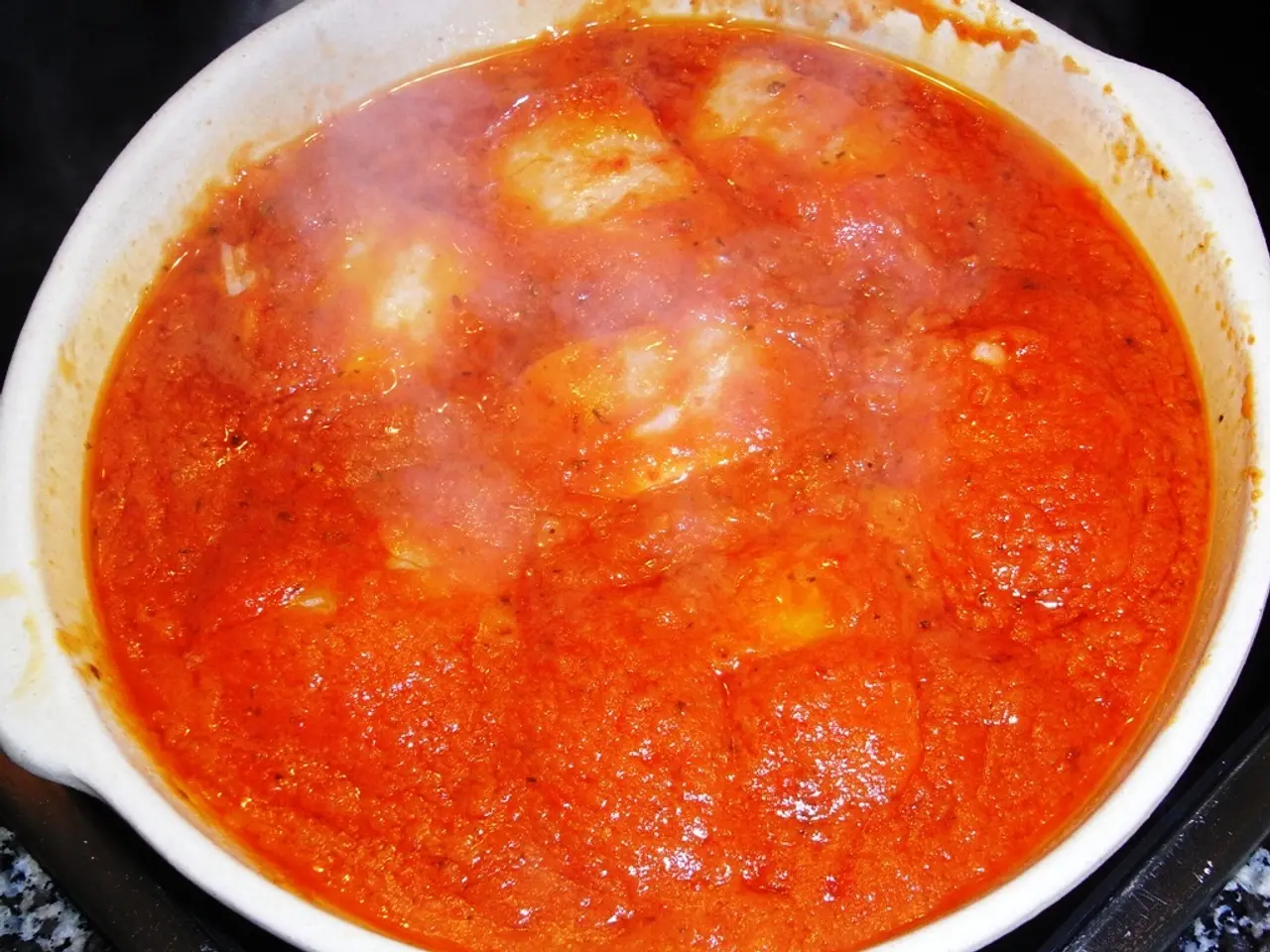"Russians Identify Most Practical Morsel"
In the realm of traditional Russian cuisine, two refreshing summer dishes—Kefir Okroshka and Kvass Okroshka—offer distinct nutritional benefits. According to dietological perspectives shared by experts such as Dr. Natalia Nikitina from the "Be Healthy" Clinic in St. Petersburg, these dishes provide unique advantages and potential drawbacks.
Kefir Okroshka, made with probiotic-rich kefir, offers notable nutritional benefits. The probiotics found in kefir promote healthy digestion and support a balanced gut microbiota. Kefir is light on the stomach and contains proteins that help curb appetite, making it beneficial for weight management.
On the other hand, Kvass Okroshka, made with kvass—a low-alcohol fermented beverage—may provide antioxidant benefits and contain some dietary fiber. Kvass is rich in carbohydrates, mostly sugars, B vitamins, antioxidants, and dietary fiber. However, it also contains up to 1.5% alcohol by volume, which could be a consideration for sensitive individuals or children. Additionally, its high sugar content may be a drawback for those monitoring sugar intake.
Potential drawbacks to consider include the presence of fermentable sugars and trace alcohol in Kefir Okroshka, which may not be suitable for individuals with lactose intolerance or dairy allergies. For Kvass Okroshka, the sugar content and trace alcohol could be a concern for children, sensitive individuals, or those with sugar metabolism concerns.
In terms of digestion, both kefir and kvass aids in this process thanks to their yeast and lactic acid content. However, kefir is gentler on the stomach compared to kvass. If the kefir okroshka 'broth' becomes too thick, it can be diluted with regular drinking water. Similarly, kvass okroshka 'broth' can also be diluted if needed.
Store-bought kvass is often too sweet, which can harm some individuals, such as those with diabetes. Therefore, homemade or live kvass is recommended over store-bought due to the latter often containing preservatives, which can trigger allergic reactions. Natural kvass contains vitamins from the B group, minerals, essential amino acids, and beneficial bacteria that support normal gut flora.
In summary, Kefir Okroshka tends to be recommended for digestive health and protein benefits, while Kvass Okroshka offers antioxidants and fiber but requires caution regarding its sugar and low alcohol content. It is essential to consider individual dietary needs and preferences when choosing between these traditional Russian dishes.
Science indicates that Kefir Okroshka, rich in probiotics, supports healthy digestion and maintains a balanced gut microbiota, aiding in weight management with its appetite-suppressing proteins. On the other hand, Kvass Okroshka, made with fermented kvass, provides antioxidant benefits and dietary fiber, but its high sugar content and trace alcohol could be a concern for sensitive individuals or those watching their sugar intake. Incorporating healthy diets, fitness-and-exercise routines, and proper nutrition can complement the nutritional advantages offered by these dishes, promoting overall health-and-wellness.




